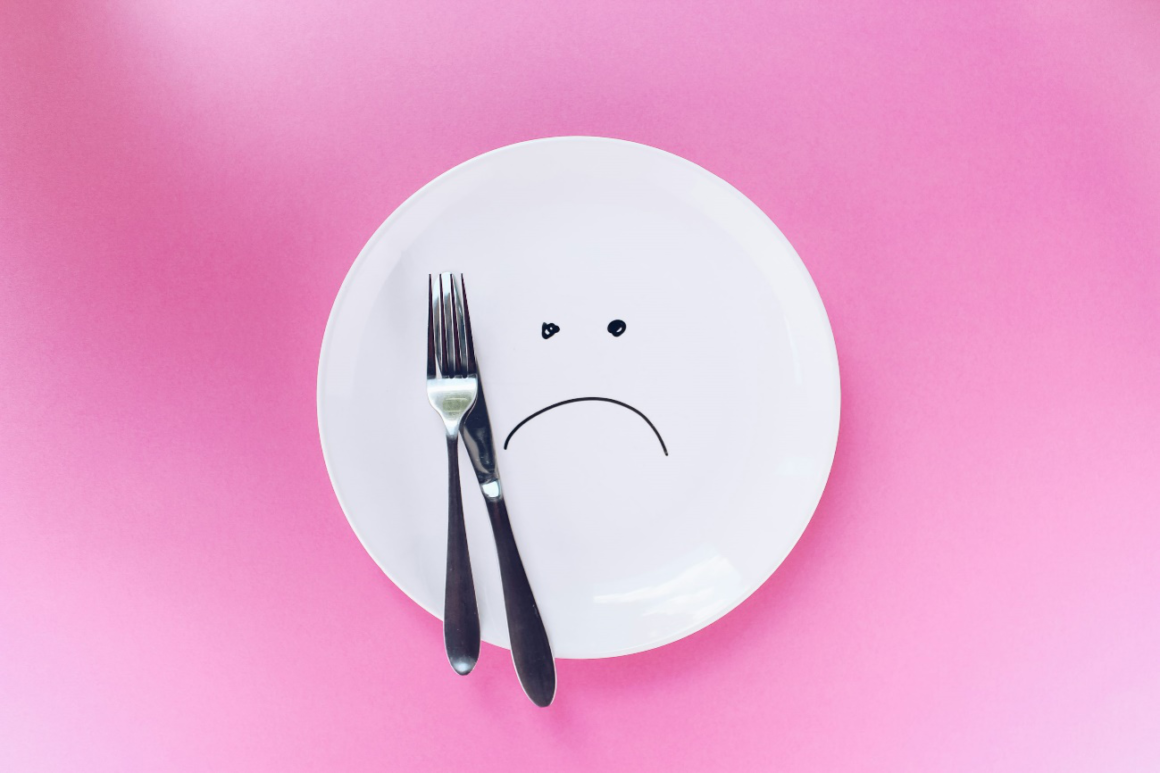Obesity is a complex health issue often surrounded by myths and misconceptions. It’s easy to feel overwhelmed by the conflicting information about diet, exercise, and weight loss that bombards us daily. Whether you’ve tried multiple diets without success or you’re simply looking to understand more about this prevalent issue, it’s crucial to separate fact from fiction.
Let’s debunk some common weight loss myths, providing clarity and empowering you to make informed decisions about your health and well-being. Understanding the truth can help you approach weight management with a more informed and compassionate mindset.
1. Myth: Obesity is Simply About Willpower
Fact: Obesity is a multifaceted condition influenced by genetic, environmental, psychological, and metabolic factors. While personal choices in diet and exercise are important, many individuals struggle with obesity due to factors beyond their control, such as hormonal imbalances and genetic predispositions. Recognizing this complexity can foster a more compassionate and effective approach to weight management.
Myth: All Calories Are Equal
Fact: Not all calories are created equal. The source of calories can significantly impact weight loss and overall health. For example, calories from processed sugars and unhealthy fats can lead to weight gain and other health issues, whereas calories from whole foods like vegetables, fruits, and lean proteins provide essential nutrients and support a healthy metabolism. Focusing on nutrient-dense foods over empty calories is key to maintaining a healthy weight and overall well-being.

3. Myth: You Can Out-Exercise a Bad Diet
Fact: While exercise is vital for overall health and can aid weight loss, it cannot compensate for poor dietary habits. Effective weight management requires a balanced approach that combines healthy eating with regular physical activity. Focusing solely on exercise without addressing diet can lead to frustration and limited results.

4. Myth: Weight Loss Supplements Are Effective
Fact: Many weight loss supplements make bold claims but lack scientific backing. In some cases, they can even be harmful. The most effective and sustainable way to lose weight is through a balanced diet and regular exercise. Supplements should not replace these fundamental lifestyle changes.
5. Myth: Carbohydrates Are the Enemy
Fact: Carbohydrates are a necessary part of a balanced diet and provide essential energy for the body. The key is to choose complex carbohydrates, such as whole grains, vegetables, and fruits, over simple, refined carbs like sugary snacks and white bread. Moderation and quality of carbs are crucial for maintaining a healthy weight.
6. Myth: Skipping Meals Helps You Lose Weight
Fact: Skipping meals can lead to overeating later in the day and disrupt your metabolism. Regular, balanced meals and snacks help maintain energy levels and prevent binge eating. It’s essential to focus on portion control and nutrient-dense foods rather than skipping meals to reduce calorie intake.

7. Myth: Weight Loss Is a Linear Process
Fact: Weight loss can vary significantly from person to person and is rarely linear. Factors such as water retention, muscle gain, and hormonal fluctuations can cause weight to fluctuate. It’s important to focus on overall health and long-term progress rather than daily weight changes. Patience and persistence are key, as sustainable weight loss involves gradual changes over time.
Empower Your Health Journey
Understanding the facts behind these weight loss myths is crucial for making informed health decisions. Debunking common misconceptions can empower you with the knowledge needed to achieve and maintain a healthy weight through a balanced diet and exercise.
If you’re looking to explore more about healthy living, discover how to make smart choices for your body and wardrobe here. Also, check out Unseen Realities, where mixing and matching clothing pieces can transform your confidence and style.









